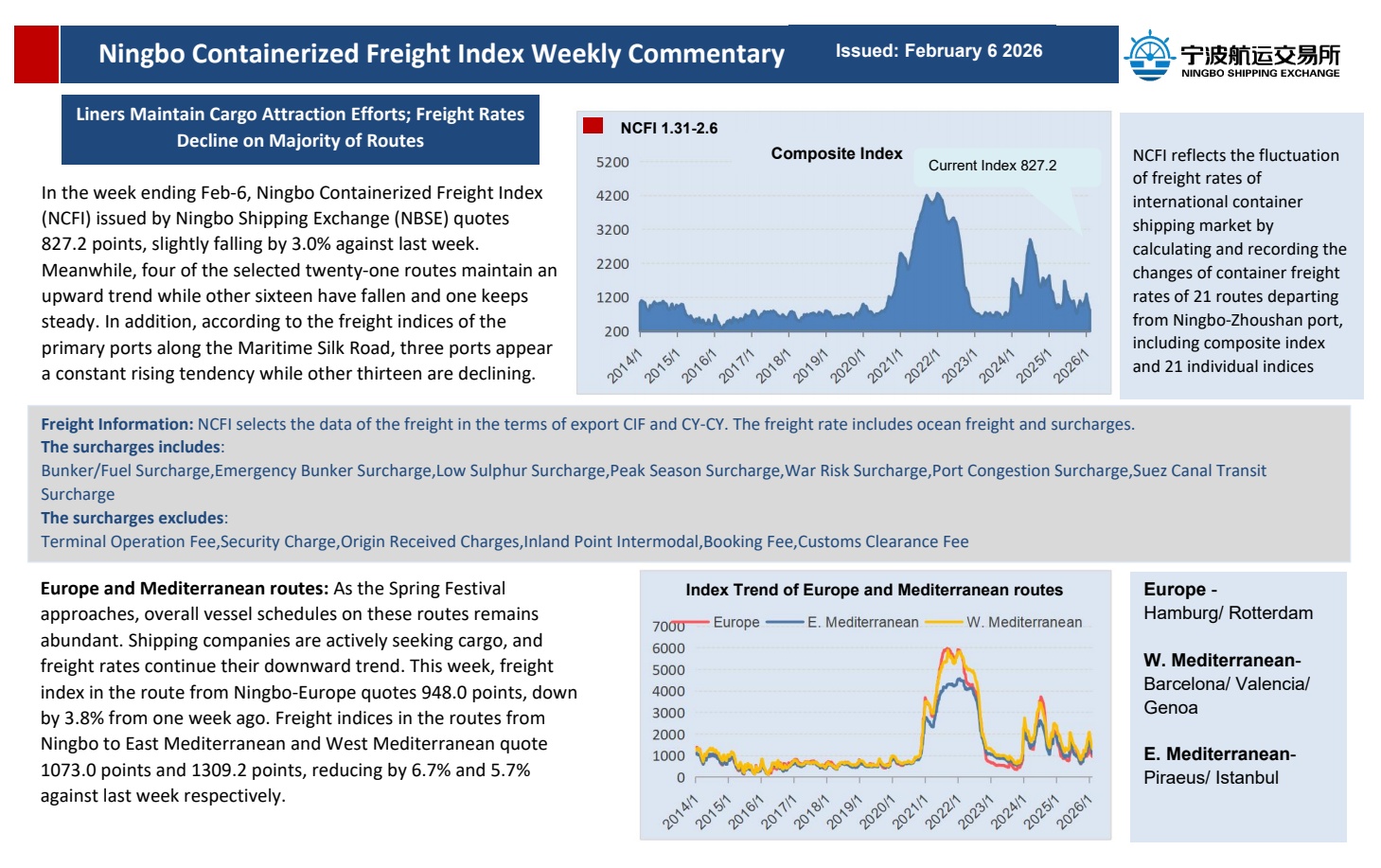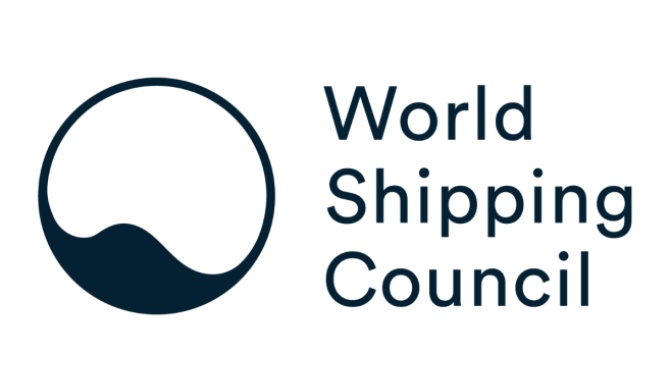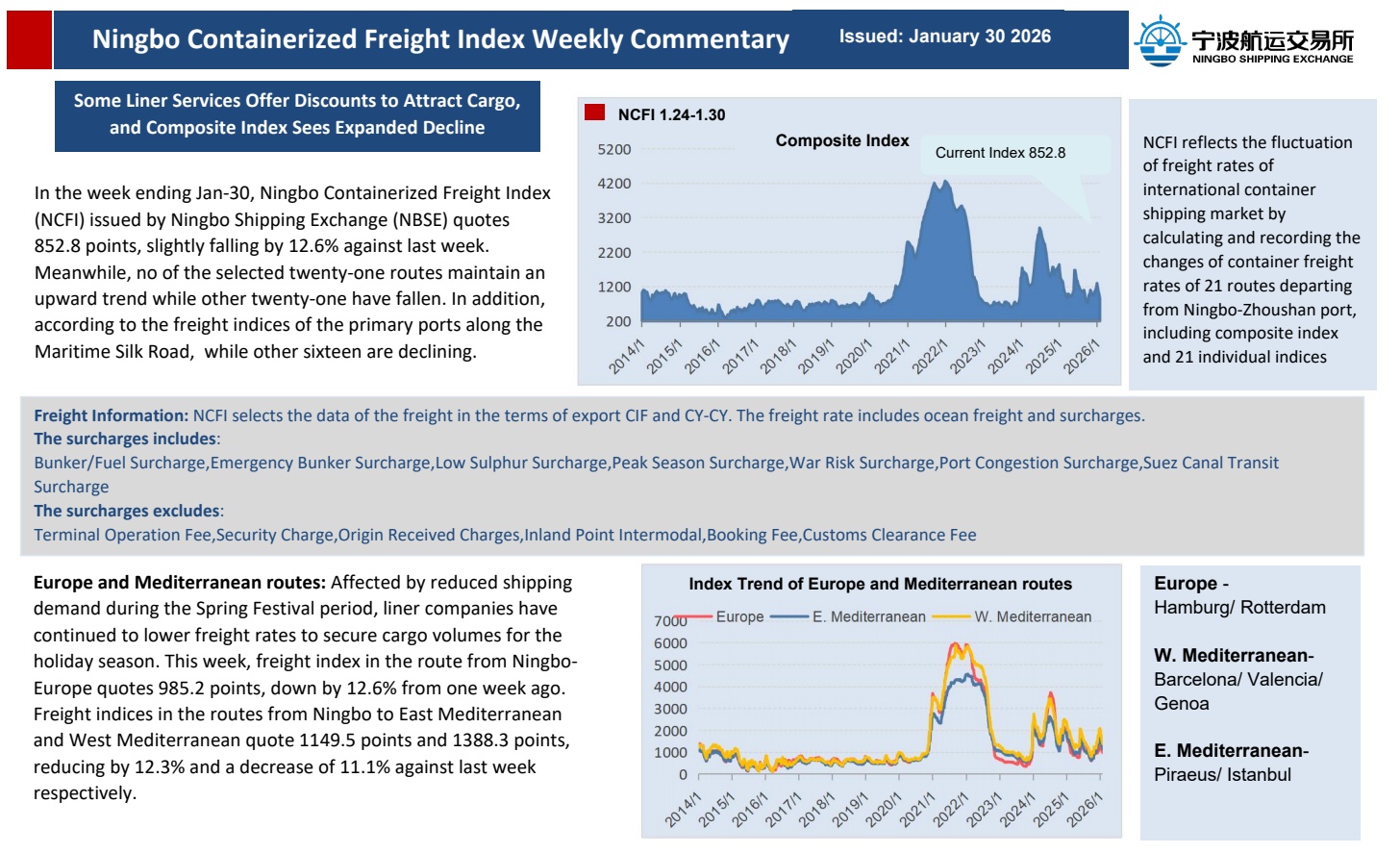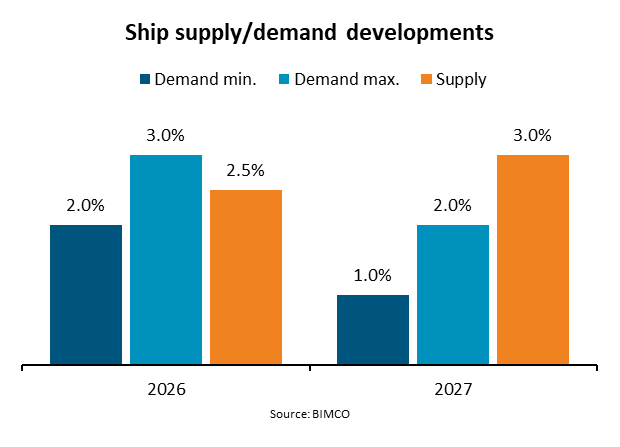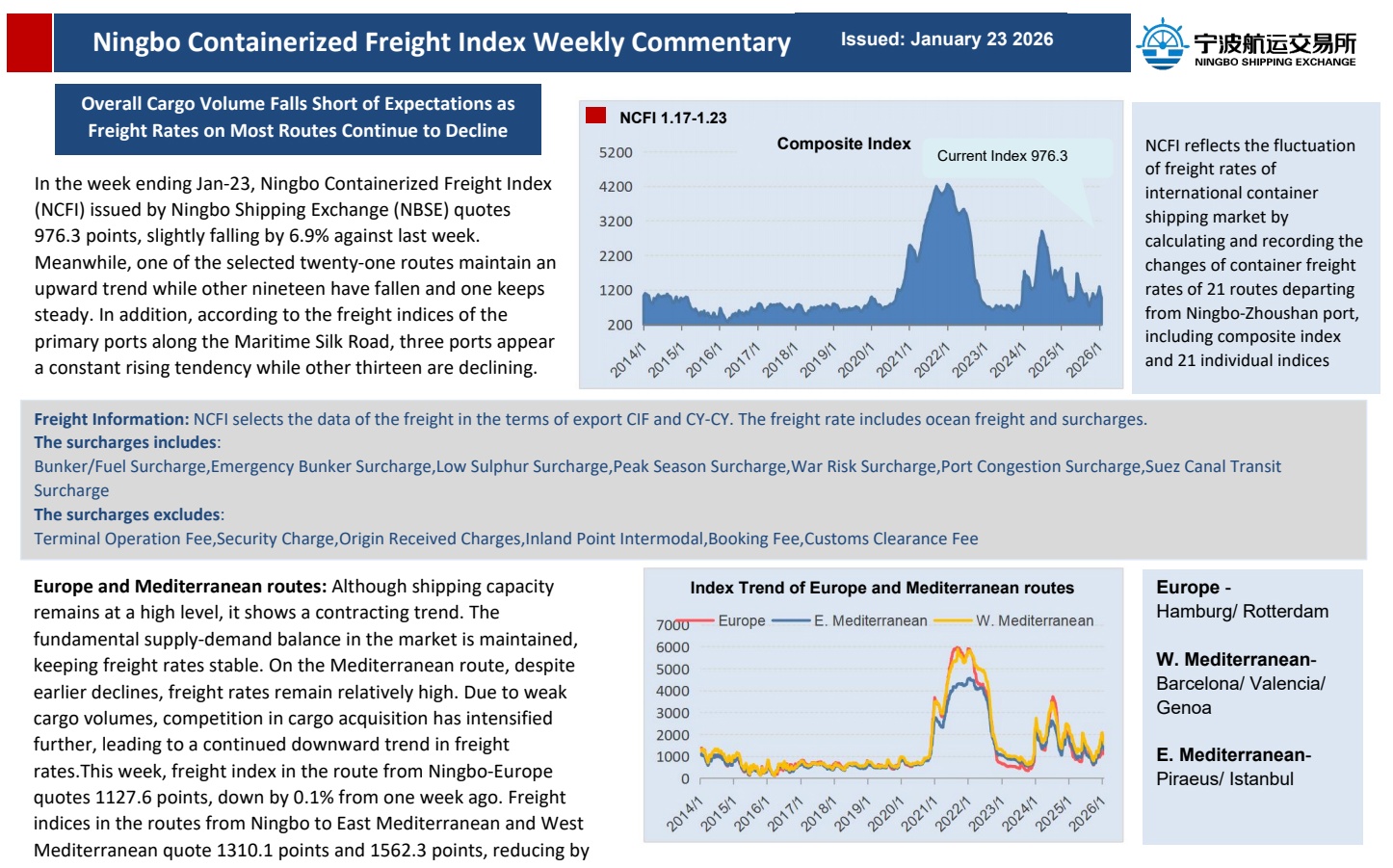
China's Shandong provincial government has asked independent refineries operating in its region to sign commitments to fully abide by the crude import quota rules, in an effort to ensure compliance and clamp down on industry misconduct of the quota usage, market sources told S&P Global Platts on Aug. 4. The move is also aimed at granting the companies their fair share of quotas in the next round of allocations, the market sources added.
Four refineries in Shandong had been excluded from the list of second round quota recipients in late June after the National Development and Reform Commission sent a team in April to investigate the private refining sector's compliance to crude oil import quotas.
“Refiners have been fretting that the government would not grant them the next (third) batch of import quotas [to send out a stern warning to the sector]… but it looks like the refiners can get their next round of quotas if they sign the commitments and promise to fully comply with the rules [in a transparent manner],” a Shandong-based refining source said.
A document released by Shandong Development & Reform Commission on Aug. 3 stated that 30 crude import quota holders in the province must fully comply with the rules that the NDRC set up in 2015, in order to retain their crude import permits and receive quotas.
The 30 independent refineries in Shandong, which include the four refineries that were disqualified from the second batch of quota allocation, were required to sign and submit their respective commitment letters by end Aug. 4.
The four disqualified independent refineries were Haiyou Petrochemical, Wonfull Petrochemical, Qingyuan Petrochemical and Qingyishan Petrochemical.
Yuhuang Petrochemical and Zhonghai Fine Chemical were not in the list of 30 refineries as they had been dismantled, making room for new quotas for Yulong Petrochemical in Yantai city, which is currently under construction.
Rules and compliance
The document also said that the refineries that had been instructed to dismantle some of their outdated crude distillation units as a precondition to get crude import quotas, were forbidden from expanding refining capacity or rebuilding new units elsewhere.
Crude import quotas are applicable to the qualified facilities and units only, while the quota holders are forbidden from transferring or trading them to any other party. There has been widespread industry misconduct over the past several years where refiners would conduct financing activities among peers using the quotas as collateral, market sources said.
The quota holders are also strictly forbidden from importing excess crude oil beyond their quotas.
The strict quota policy and the recent clampdown on the industry mismanagement could mean that some of the private sector refineries will likely face shortage of feedstocks, especially those plants that have recently expanded their refining capacities, a refinery source said.
“Some of them will have to import more fuel oil or bitumen blend [instead of crude oil] in order to maintain stable throughputs,” said a second refinery source.
Many independent refineries have been actively trading in the regional fuel oil and bitumen blend markets since June, Platts reported earlier.
In July, a total 311,000 mt of fuel oil was discharged into Shandong ports, the highest monthly arrivals in years.
Third round quota allocations
Some independent refinery sources said that based on the compliance document, the release of the third batch of crude import quotas may be imminent.
In 2021, crude import quota allocations of 152.44 million mt was originally set for 42 refineries. However, only 16 refineries have got their full allocations to date, while the remaining 26 have been granted around 70-85% of the yearly allocation so far.
ChemChina has received almost its full allocation for the year at 97%.
Out of the 30 Shandong-based independent refineries on the list, only 14 have got their full allocations for the year in two batches.
The remaining 16 only got an allocation of 70-85%, leaving 9.82 million mt of quotas still to be granted in the third round allocation, though this depends on the authorities' decision on whether or not to release and give out the third round quotas, industry and refinery sources said.
“We hope there are still chances for us to get the remaining quota allocations … [even if we do] there could be deductions,” said a source with one of the four refineries that failed to receive any quotas in the second round of allocation.
Some refineries have started to prepare for the worst case scenario, which would be zero quota grants in the third round of allocation, refinery sources in Shandong with knowledge of the matter told Platts.
Source: Platts
Source: Platts
The opinions expressed herein are the author's and not necessarily those of The Xinde Marine News.
Please Contact Us at:


